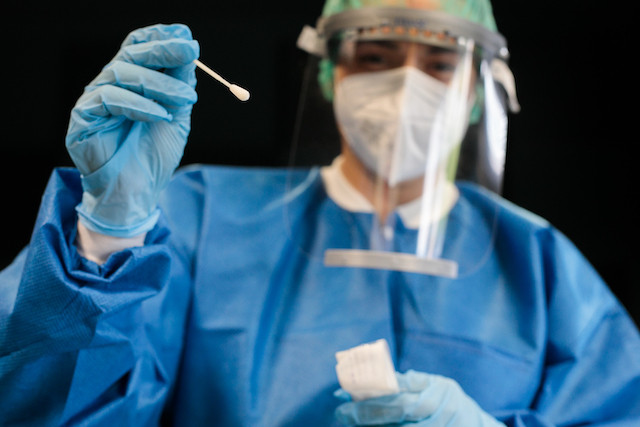Members of the budget control committee on Monday discussed a request by the ADR for the court to scrunitise the cost of the testing scheme. The Court of Auditors is a financial watchdog, which parliament can call on to carry out budget reviews.
Large-scale testing is currently in its third phase and is one of the key pillars of the government’s strategy in the fight against the coronavirus. Between March and July 2021, the programme comes with an expected price tag of around €42.8m. Should the government decide to continue the programme, it would need another €21.4m.
The first phase of large-scale testing, from May to July 2020, cost €39.5m, while the second phase, from mid-September 2020 to mid-January 2021, cost €60.7m.
The second phase helped diagnose 9,211 infections, the government said in documents submitted to parliament seeking financing for the third phase.
Luxembourg researchers in a study published in December 2020 said the number of infections would have been 39% higher without large-scale testing basing this figure on modelling and projections of infection chains.
Large-scale testing helped detect 56 coronavirus cases in the week from 26 April to 2 May, the latest weekly report available, out of 1,119 cases in total. The week before, 84 people tested positive in a large-scale test out of 1,232 cases.
With most infections diagnosed via contact tracing, however, large-scale testing can help identify the source or a link of an infection chain.
Members of the budget control committee are set to put together a catalogue of questions they want the Court of Auditors to analyse in its review of large-scale testing spending, a statement published by the Chamber of Deputies said.
